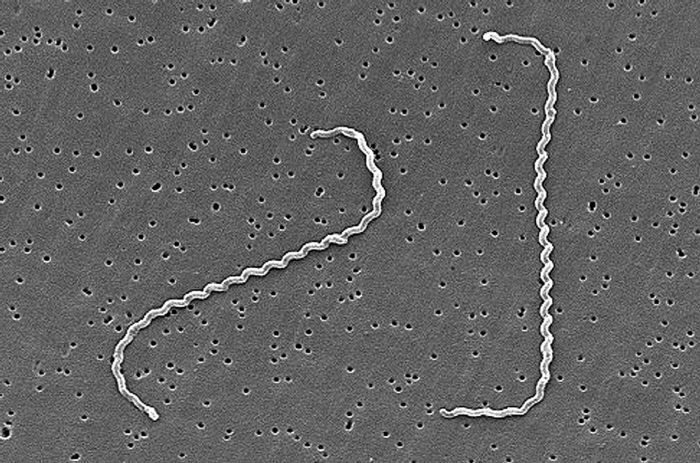The island of Réunion is located in the Indian Ocean, 700 kilometers east of the island of Madagascar , and 200 kilometers South-West of Mauritius. Since the beginning of the year, the French overseas island has been experiencing major increases in two infectious diseases–dengue fever and leptospirosis.

Public Health France reported (computer translated) 237 additional confirmed dengue fever cases during the last week, bringing the total indigenous cases to 992 since the beginning of the year.
The dengue epidemic is currently affecting western and southern Reunion with the predominant strain being DEN-2.
In addition to the dengue outbreak, the island is also experiencing a significant increase in the number of leptospirosis cases.
According to the ARS- Regional Health Agency Indian Ocean (computer translated), 65 leptospirosis cases have been reported since the beginning of the year (compared to fifty for the whole of 2017) with nearly half of the cases identified in the southern communes, and more than one third in the western ones.
Ninety percent of those infected required hospitalization for their illness, with one-third of patients needing intensive care.
Leptospirosis is a disease caused by bacteria found in some animals, which include rats, cattle, pigs, horses and dogs. Persons can become ill if they are in contact with the urine, water, food or soil through breaks in the skin, mouth, eyes or nose. Symptoms can range from a mild, flu-like illness with high fever, chills, headache, muscle pains, red eye, sore throat and occasionally rash which may worsen with time. In the more severe phase the disease can affect the liver causing jaundice (which is dark urine and the yellowing of the white part of the eye and the skin), and anaemia. If left untreated the disease can affect organs such as the brain, kidneys, lungs, and other internal organs. In some instances, this may result in death.
This condition can be treated effectively with antibiotics if diagnosed on time. Seeking medical care early when these symptoms are noticed can prevent the disease from worsening. Persons at greatest risk of contracting Leptospirosis are farmers and agricultural workers, sanitation workers and sewer workers. However, anyone exposed to rat contaminated water and soil is also at risk of contracting the disease.
Related:
- Africa meningitis: More than 7,000 suspect cases reported in first quarter
- Norovirus infects rare intestinal cell: Study
- Measles case confirmed in Kansas City, Missouri
- Measles in the Philippines: DOH launches ‘Ligtas Tigdas’
- Hepatitis B assay may allow earlier detection of hepatocellular carcinoma in patients
- Monkeypox confirmed in Liberia

